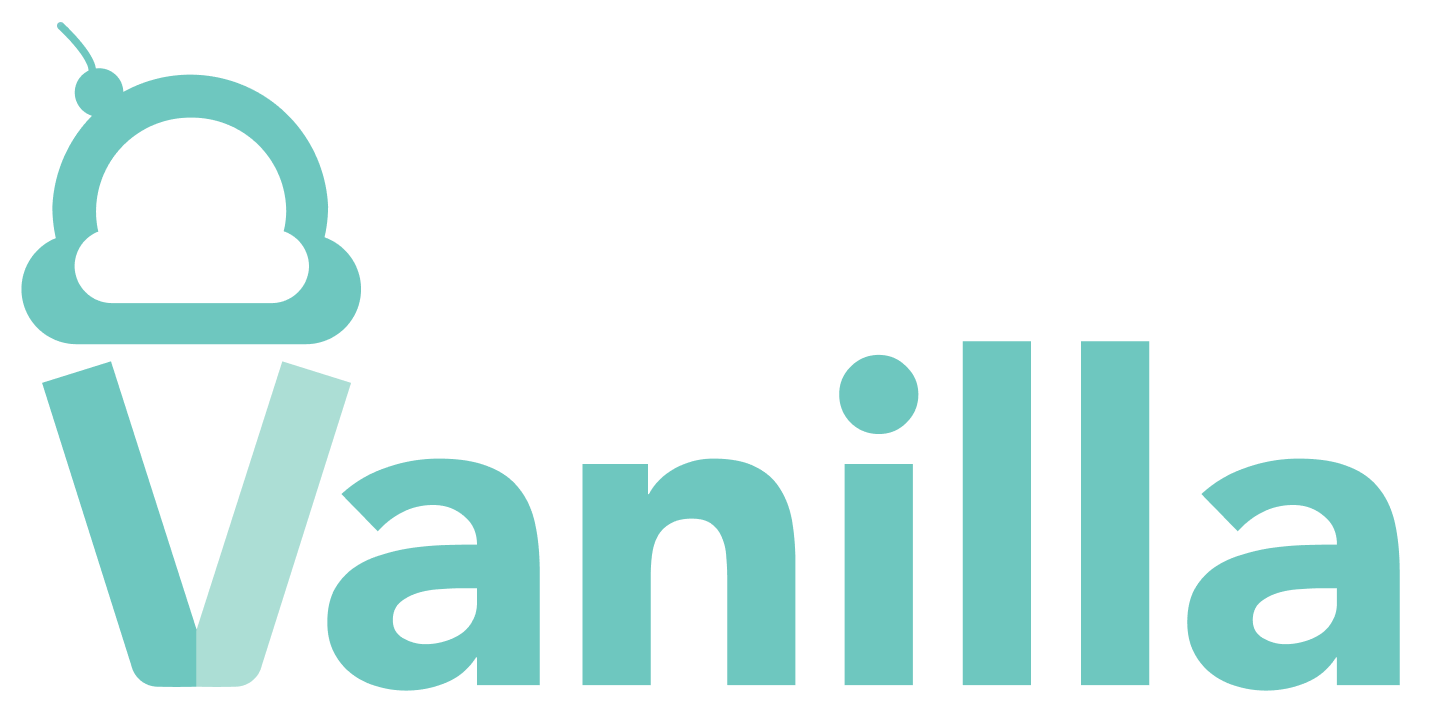Text messages have an unbelievable 98% open rate. But let’s be honest: getting someone to take action on your text is the real endgame. And that’s where timing comes in.
Americans check their phones a lot. In fact, on average, they do so a staggering 344 times per day.
That’s a lot of screen time, giving you ample opportunity to get your brand in front of your target audience.
But it also means that you must be strategic about approaching mobile marketing.
Once you’ve taken the time to craft a killer SMS marketing campaign, you will want to make sure that your messages land on your audience’s phones at the right moment.
You may have scoured the internet for the best time to send marketing texts, only to be met with a frustrating chorus of “It depends.” And while it’s true that your unique audience will play a role in determining the optimal timing for your messages, there are still some high-level strategies you can employ to boost your chances of success.
Timing is Everything
While there’s no magic formula for the perfect timing, in-depth analysis and research can reveal some interesting insights.
Are Tuesdays and Wednesdays the best days to send marketing text messages?
According to a study published in The Drum, online sales are highest on Thursdays and Mondays.
Most people assume that Mondays are a no-go because, let’s face it, no one enjoys starting the workweek. And yet, recent research challenges this assumption.
But that’s not all. If we look at Instagram engagement as a proxy for mobile marketing success, we can see consistent attention throughout the workweek from 9 a.m. to 4 p.m.
Some businesses do see results when sending text messages on weekends. So while it’s not a hard and fast rule, generally, Monday and Thursday are the most effective days to send SMS campaigns.
And if you want to avoid the least popular day, don’t send texts on Sundays.
Of course, there are always exceptions to the rule. Some businesses report success with sending text messages on the weekends when there’s less competition for attention.
What about the hours?
According to YouGov’s mobile engagement data, the evening hours are excellent for connecting with your subscribers. This makes sense as people tend to unwind and catch up on their phone messages before bed.
SaleCycle’s 2020 E-Commerce Stats Report confirms that the peak purchase time lies between 8 p.m. and 9 p.m. If you sell online, this is the prime time to reach your audience and drive conversions.
Customers’ Preferences Are an Important Factor
Your goal is to create content that prompts your customers to take action. But when should you send messages to ensure they are most likely to act?
Let’s say you’re a restaurant offering a lunchtime discount. You want to schedule your texts for mid-morning when customers are thinking about what to have for lunch. This way, your offer will be fresh in their minds and more likely to prompt them to visit your establishment.
But what about events? You should send your messages a few days in advance.
Because people like to plan their weekends, Thursdays are excellent for promoting Saturday events. By sending your messages early, you give your customers the time to plan and commit to attending.
For those who sell online, using data is crucial. Look at the days and times when your website has the most visitors and purchases through Google Analytics. This information can help you schedule your messages when customers are most active and engaged.
Understanding your customer’s motivations and using that knowledge to time your messages for maximum impact is critical. Doing so can increase your chances of success and drive more conversions for your business.
Consider the Content and Timing of Your Message
When sending messages, it’s essential to consider what you’re sending and when.
For example, if you’re sending a coupon or promo code with an expiration date, you want to strike the right balance between providing enough notice and creating a sense of urgency. You don’t like to send it within a reasonable time when some people might miss the opportunity.
For appointment reminders, send your message around 24 hours before the scheduled time. This timing helps create a “sticky” reminder that is more likely to stick in your recipient’s mind.
But it’s best to send the message immediately if you’re using texts to confirm purchases, payments, or other orders. This way, you’ll know that the message has been received, and there’s no delay in processing the order.
Experiment, Optimize, and Analyze
Ultimately, understanding your audience’s habits and preferences to find the best time to send marketing texts is the best way forward. Avoid scheduling messages too early or too late so that the messages don’t interrupt their sleep or commute.
Feel free to experiment with different times and track your results with data to fine-tune your approach instead of following conventional wisdom.
Once you have identified the most suitable time for your audience, you can utilize Vanilla’s scheduled texts feature to plan sequences for your sms marketing campaign.
FAQs
Is it unprofessional to text at night?
To avoid being accused of privacy invasion, it’s best not to text them after 9 p.m. or put unnecessary pressure on them to respond immediately. So, waiting until the next day to send your message is a good idea.
How long should an SMS marketing text be?
It’s important to remember the 160-character limit. Keeping your message concise and straightforward is key to maximizing this space. You want to grab their attention, deliver your marketing message, and include a clear call-to-action (CTA) within that character limit. By doing so, you ensure that your message is both read and understood without overwhelming the recipient. So, make those 160 characters count!
How often should you text your customers?
The industry standard suggests sending two to six text blasts monthly, with one text promotion per week being the sweet spot. Ultimately, it depends on your business and what your audience wants.
A digital marketing professional specializing in content-based functional areas – Ahsan Zafeer is driven by a never-ending passion for developing, nurturing, and strategizing key content aspects. He writes extensively on tech, digital marketing, SEO, cybersecurity, and emerging technologies. He also works as a digital marketing strategist and freelance consultant for globally oriented organizations. He tweets @AhsanZafeer


